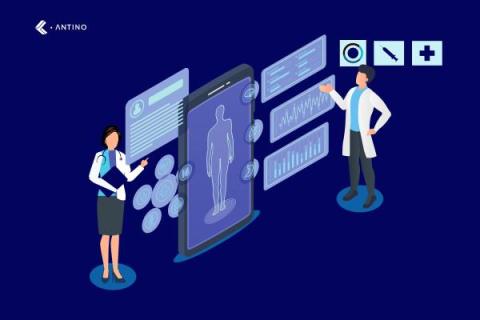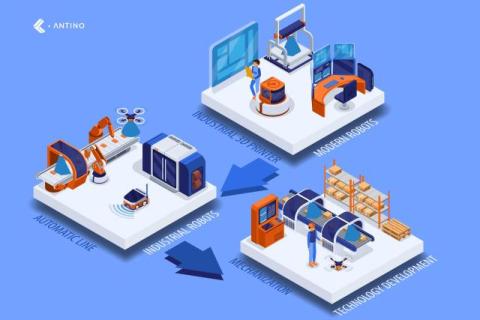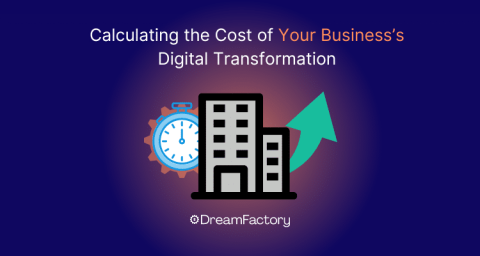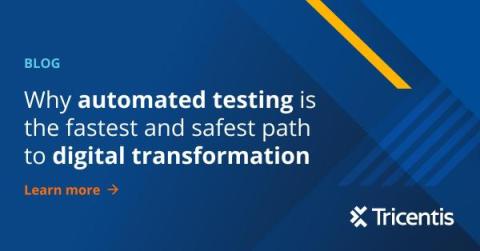Digital Transformation in Retail Industry: The New Future
Have you noticed how quickly the retail industry is changing? It's all thanks to digital transformation, which is happening at an incredible pace. We bet you're curious about why this shift is happening and what's driving it. Don't worry, you're not alone in your questions. Many people are wondering about the same thing. With each passing day, we see new technologies and IT solutions being adopted by retailers to stay ahead of the competition and offer better user experiences.










